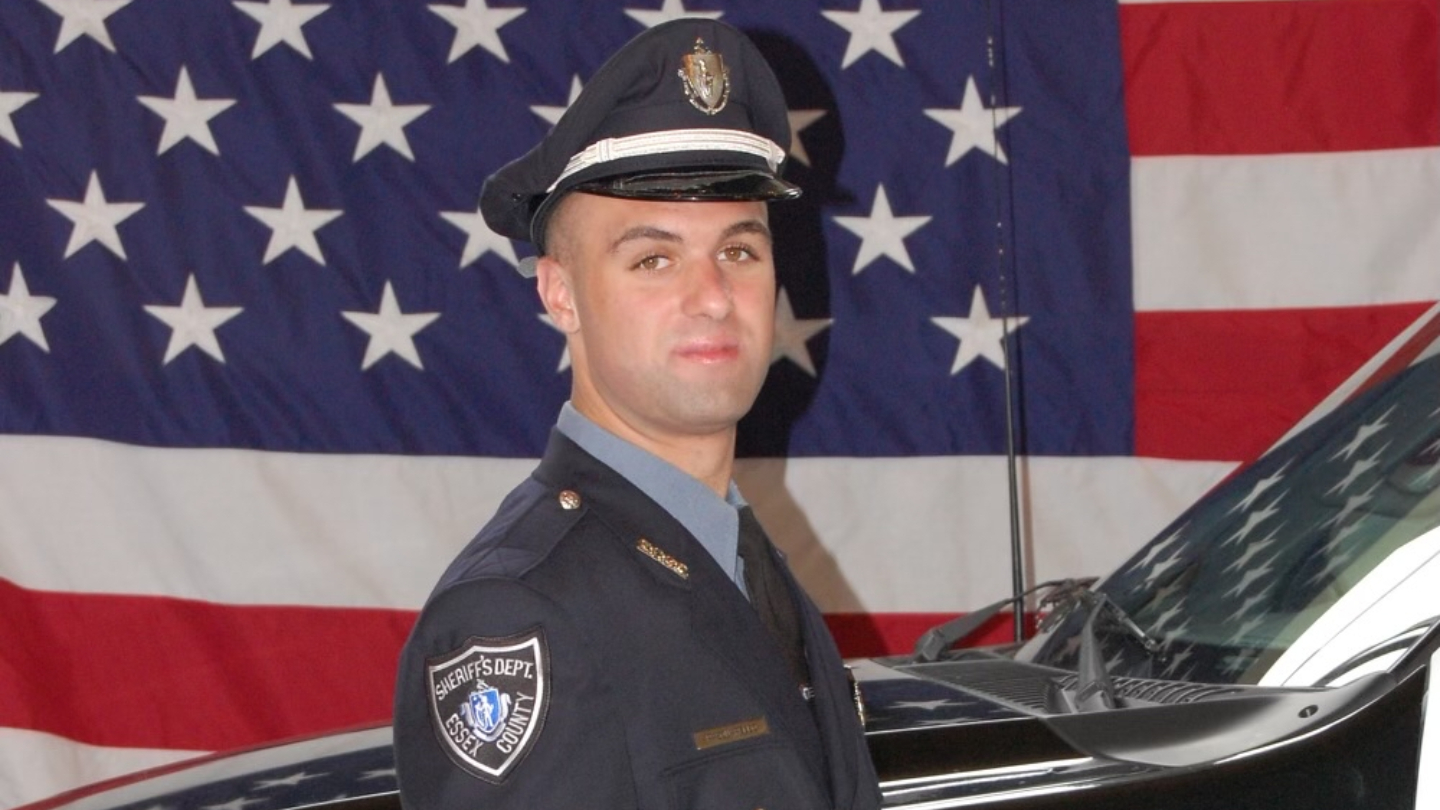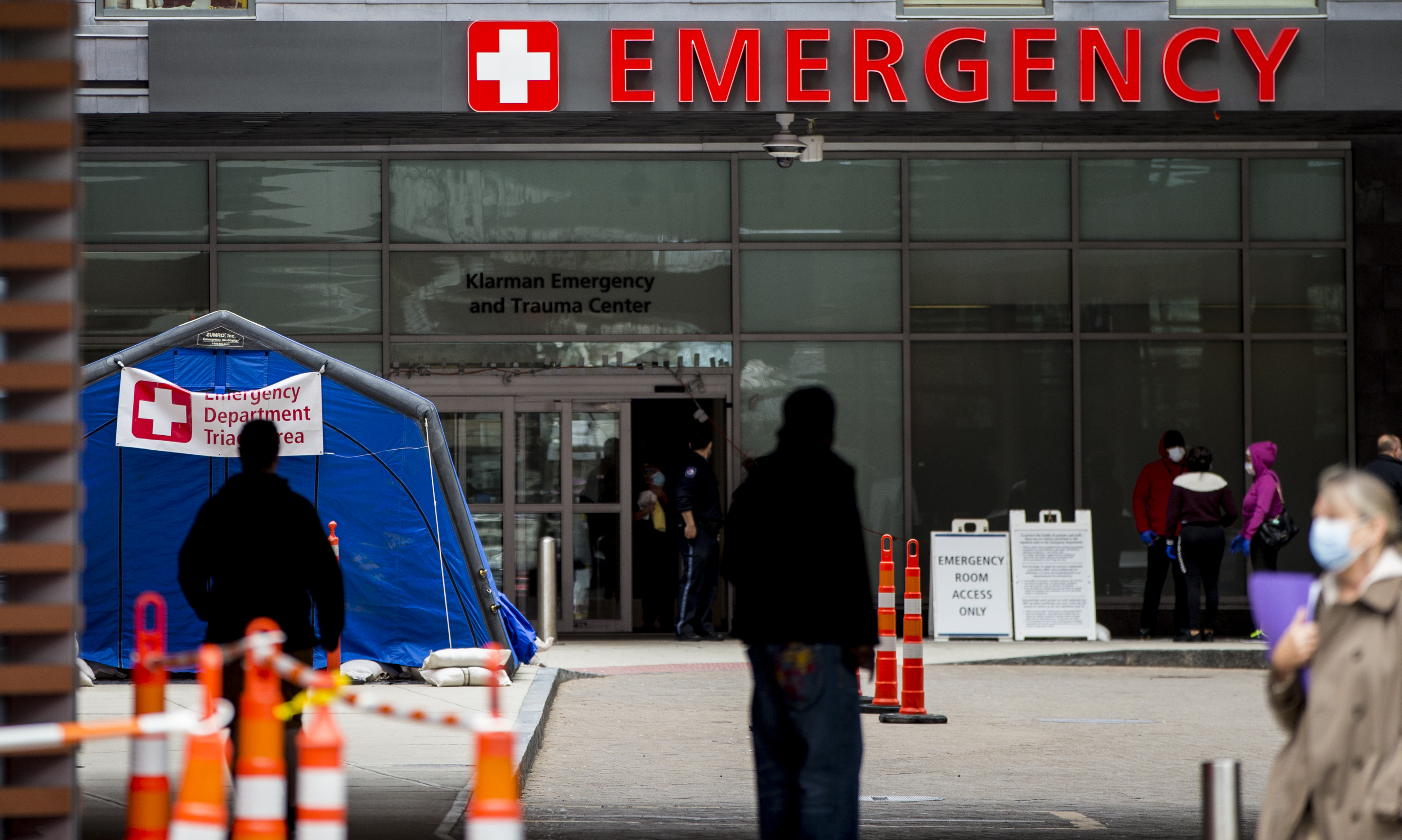Massachusetts released new guidance Friday for booster shots for 16- and 17-year-olds after the Centers for Disease Control and Prevention cleared the way for them to get a third dose of Pfizer's COVID-19 vaccine.
On Thursday, the Food and Drug Administration gave emergency authorization for 16- and 17-year-olds to get a third dose of the vaccine made by Pfizer and its partner BioNTech once they’re six months past their last dose. Hours later, the CDC lifted the last barrier as Dr. Rochelle Walensky, the agency’s director, issued a statement strongly encouraging those teens to get their booster as soon as it’s time.
Boosters are important considering that protection against infection wanes over time and “we’re facing a variant that has the potential to require more immunity to be protected,” Walensky told The Associated Press.
About 200 million Americans are fully vaccinated, including about 4.7 million 16- and 17-year-olds, many of whom got their first shots in the spring and would be eligible for a booster.
Get Boston local news, weather forecasts, lifestyle and entertainment stories to your inbox. Sign up for NBC Boston’s newsletters.
Right now, the Pfizer vaccine is the only option in the U.S. for anyone younger than 18, either for initial vaccination or for use as a booster. It’s not yet clear if or when teens younger than 16 might need a third Pfizer dose. But Walensky said the CDC and FDA will be closely watching data on 12- to 15-year-olds because if they eventually need boosters, “we again will want to act swiftly.”
State health officials said adolescents ages 16 and 17 are now able to receive the Pfizer COVID-19 booster from more than 500 locations in Massachusetts, including at retail pharmacies, primary care practices, regional collaboratives, local boards of health, community health centers, hospital systems, state-supported vaccination sites and mobile clinics.
Options for a COVID-19 vaccine appointment in Massachusetts:
- Parents who prefer to have their adolescent vaccinated by their primary care provider should call their provider’s office directly.
- Visit the VaxFinder website at vaxfinder.mass.gov for a list of available locations. Residents are able to narrow results to search for locations that are offering the Pfizer COVID booster.
- For individuals unable to use VaxFinder, or who have difficulty accessing the internet, the COVID-19 Vaccine Resource Line (Monday to Friday from 8:30 a.m. to 6 p.m., Saturday and Sunday 9 a.m. to 2 p.m.) is available by calling 211. The COVID-19 Vaccine Resource Line is available in English and Spanish and has translators available in approximately 100 additional languages.
Visit www.mass.gov/covid19booster for more information or visit the CDC website.
Individuals do not need an ID or health insurance to access a vaccine and do not need to show a vaccine card when getting a vaccine.
People were seen making a line outside Bird’s Hill Pharmacy in Needham to get vaccinated on Friday. It’s one of a few places in the area accepting walk-ins, but there are over 500 locations where 16- and 17-year-olds can find boosters, according to the Baker administration.
Jared Hurwitz, 17, took his first chance after school to get a third Pfizer dose. He said in line outside Bird’s Hill Pharmacy he was excited: “I’ll be able to do more stuff and I’ll just be relieved to get it.”
Massachusetts leads the nation in vaccine administration, including adolescent vaccination. Over 91% of residents ages 5 or older have received at least one dose, and 96% of adults 18 and up have received at least one dose. Over 4.9 million individuals, or 71% of the population, are fully vaccinated.
Still, the expanded booster eligibility comes as welcome news for communities like Framingham. Their school district has had just over 300 cases since the beginning of the school year.
The number of COVID-positive cases has forced the district to limit contract tracing to those who are unvaccinated, as they don't have the staff to trace everyone who has gotten sick. A recent spike in cases has caused the high school to cancel some of its athletic practices this week.
Despite the new guidelines, some are still unsure of their eligibility when it comes to the booster.
"They don’t know if they can do it or not," Michelle Sandoval, an 18-year-old who had just received the booster, said of her friends.
With COVID-19 infections on the rise in the state, parents like Hurwitz’s are increasingly concerned and motivated to get extra protection.
“It works, so if they do happen to get [COVID], the side effects will be a lot less then without the shot,” said Hurwitz’s, father John. “I think it gives them the confidence that they need. And as a family it makes us feel at peace.”
The Associated Press contributed to this report.



